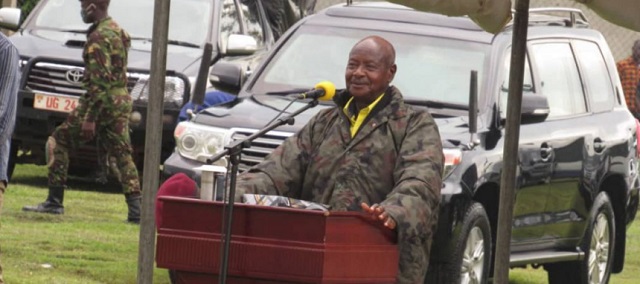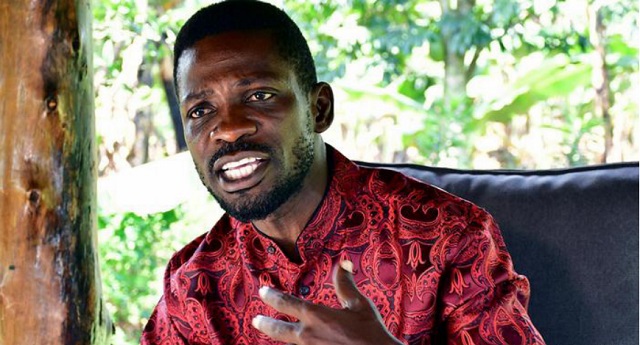
The Twitter campaigns around the conflict in Tigray fell in a gray area blurring the line between aggressive online activism and coordinated disinformation. Both supporters and opponents of the government in the diaspora set up websites that provided detailed instructions for creating Twitter accounts and then supplied pre-written text and hashtags that users were directed to copy and tweet. This is called a “click-to-tweet” campaign. Additionally, the Twitter handles of NGOs, journalists, and international politicians were provided, and members of the diaspora were instructed to tag them. Most of the pre-written messages were in English.
Knight said she thinks a lot of people are not aware of the scale of disinformation that is happening in Africa and how much it is distorting information networks.
“My colleagues have investigated other campaigns run from Tunisia (targeting Tunisia, Togo, and Côte d’Ivoire’s elections), Guinea, Kenya, and South Africa,” she said.
She said if social media companies could provide the identities of government officials linked to disinformation campaigns in Uganda, it would help answer outstanding questions about domestic disinformation in Africa, how it is being produced, and who is directing it.
Meanwhile, she said, a number of fact-checking organisations now operate across Africa. She named Africa Check, Pesa Check, Media Monitoring Africa, and iLab that work together and with Facebook to monitor and debunk some of the most egregious and widespread disinformation online. Facebook now also automatically takes down some duplicate and clearly inauthentic accounts and pages.
“But, like I said, this is still likely the tip of the iceberg,” she said, “There are more and more local organisations doing these kinds of investigations, with fantastic journalism and disinformation reporting coming out of the continent.”
Knight says social media companies need to invest more resources into Africa to gain sufficient understanding of the African countries they are operating in and their varied information and political landscapes.
 She said this would limit bad decision making around disinformation and lead to proactive rather than reactive practices. Likewise, researchers, civil society members, and reporters need more information from Facebook to understand these disinformation networks and who is ultimately behind them.
She said this would limit bad decision making around disinformation and lead to proactive rather than reactive practices. Likewise, researchers, civil society members, and reporters need more information from Facebook to understand these disinformation networks and who is ultimately behind them.
“We also need more people who speak local African languages working for social media companies. You cannot have effective social media moderation in only a handful of languages,” she said, “We have seen when countries like Nigeria, Uganda, or even South Africa have tried to criminalize disinformation, it can be used to clamp down on dissent.
“Such laws, thus, can be used as a repressive tactic against opposition parties and members of civil society who are increasingly organizing and sharing information online as other outlets for freedom of press, assembly, and speech is shrinking.”
Apart from doing online sleuthing, the Digital Forensic Research Lab also trains journalists, civil society members, and researchers on the continent learn the skills to expose and analyse digital disinformation networks.
****
Source: Africa Center for strategic studies
 The Independent Uganda: You get the Truth we Pay the Price
The Independent Uganda: You get the Truth we Pay the Price


